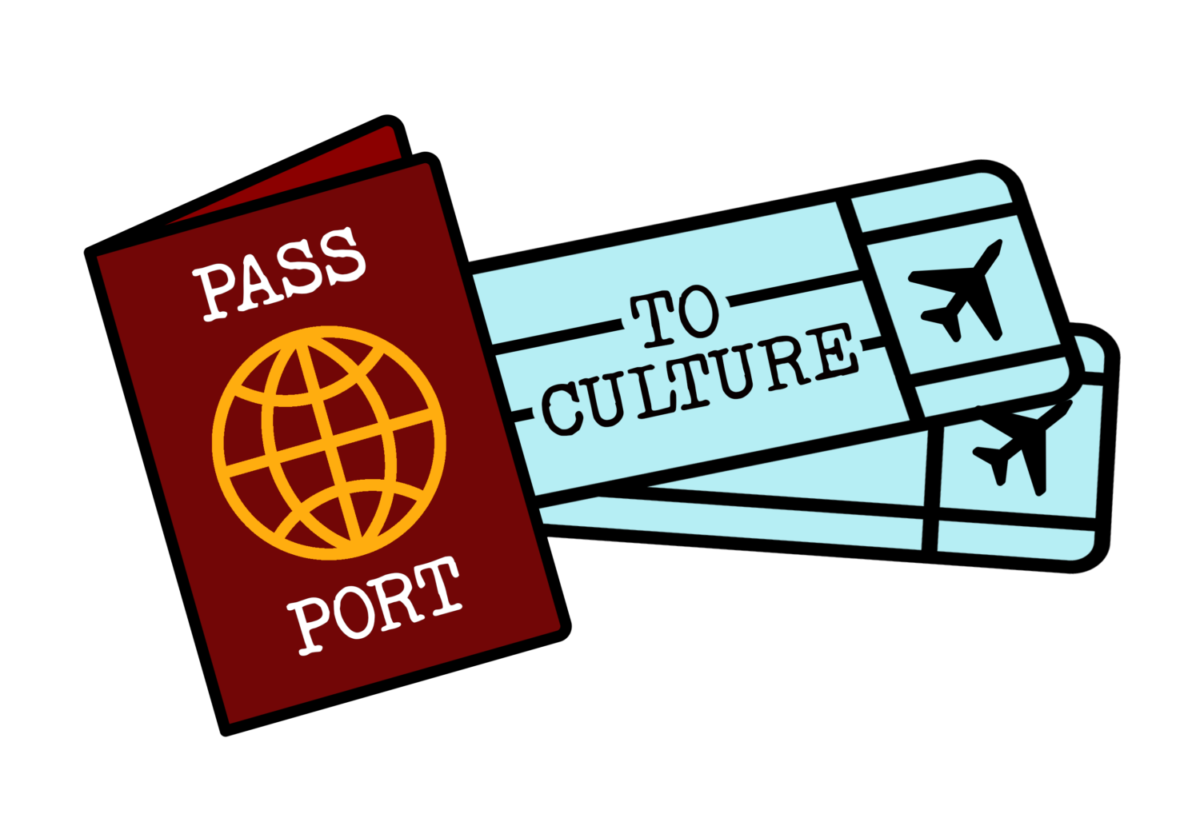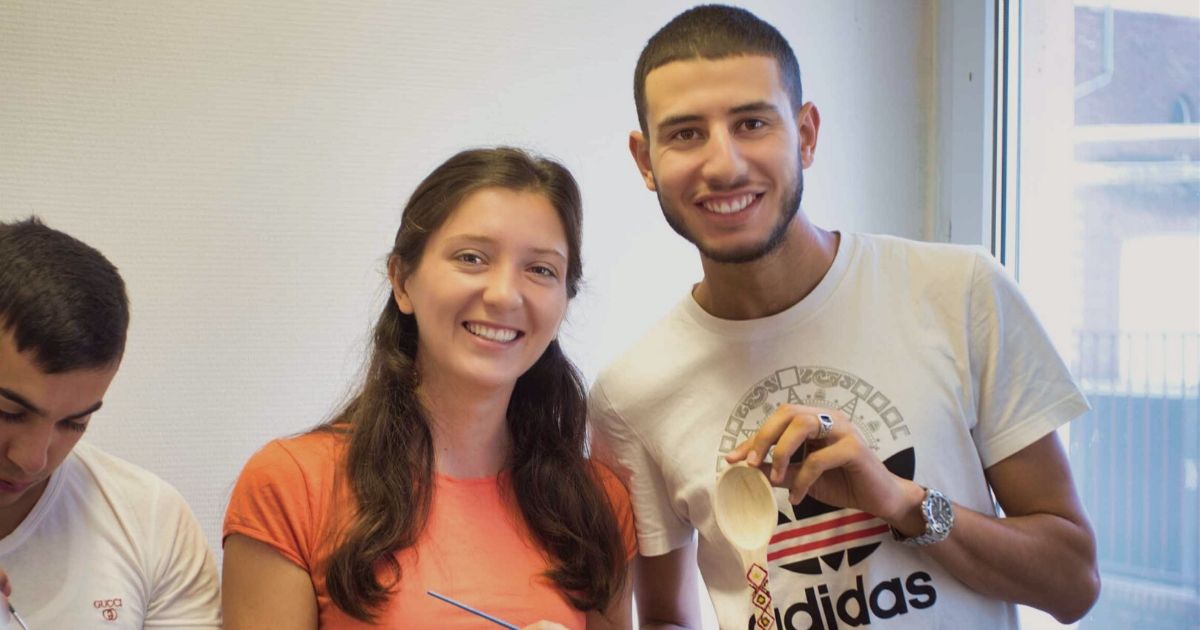Such an amazing experience! Passport to culture took place from the 16th to 27th of September in Lille, France.
It brought together 40 young people from Algeria, Armenia, Bulgaria, France, Georgia, Italy, Romania and Tunisia.
Each partner organisation was represented by five of its members. They were youngsters eager to share the countries culture and traditions. As participants we are very happy that we could share with the others our culture and the values that make us unique.
Every country has shared some of their traditions and the blend of experiences was life changing. We attended workshops of painting wood with ancient Bulgarian symbols. Algerian and Tunisian youngsters have led us in a special Mediterranean journey: we have learned the Arabic and Amazing Alphabet and we practices our calligraphy skills with special tools. We felt the taste of the traditional foods of the participants countries. Music and dance were there with us all the time. We learned how to cook the very original Italian pasta. We played around doing henna tattoos in the very Arabic style. We used our skills to create traditional hats that are used in Tunisia. We explored some pagan rituals and traditions that led us in a timeless journey of the traditional village life of Romania. We sang and danced together with Armenia.
Moreover, there were project activities which made us reflect on our values. We have challenged our prejudices and stereotypes and we came up with new attitudes.
In the next period, all the partner organisation will put in place some follow-up events to disseminate the beautiful experience we had.
On our blog you will find in the following period articles that describe each of the countries workshops that took place during the youth exchange.
Passport to Culture is a Youth Exchange coordinated by Sunrise Project France in collaboration with Youth Dream Algeria, Armenian Progressive Youth, The Change is in You Bulgaria, AISI youth Alliance, Cilento Youth Union Italy, People of Delta Romania and We Youth Tunisia.
The project is funded by the Erasmus+ programme of the European Union.





Recent Comments